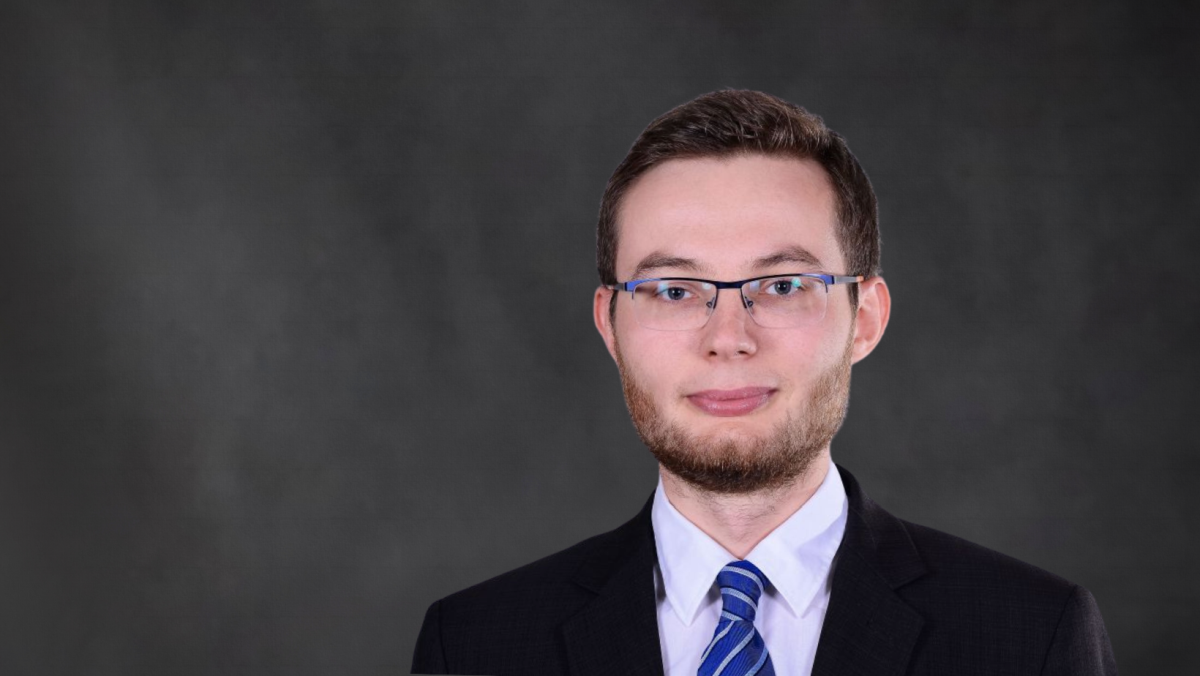A New Government in Austria

What was in the recording that led to the fall of the government?
The German newspapers Der Spiegel and Süddeutsche Zeitung on 17 May published tapes from a July 2017 conversation in Ibiza, Spain, between then FPÖ Chairman Heinz-Christian Strache and the alleged Russian investor. Strache proposed, among others, fixing tenders in the construction industry in exchange for assistance in the election campaign before the parliamentary elections in October 2017. The FPÖ was to support potentially illegal donations coming from Russia and the investor would favour party media. Strache attempted to persuade the businesswoman to buy a 50% stake in the Austrian daily Kronen Zeitung. He also portrayed Hungary’s Viktor Orbán, with whom the now former Austrian vice-chancellor maintained close relations, as the model for media subordination to the political party.
What did Chancellor Kurz do after the recording was revealed?
Kurz ended the ÖVP-FPÖ coalition—in power since December 2017—because he deemed Strache’s resignation as insufficient. At the same time, Kurz filed a motion to call early parliamentary elections, which was then approved by President Alexander Van der Bellen. They probably will take place in September. In addition to this, on 20 May Kurz announced that he would ask the president to dismiss Interior Minister Herbert Kickel. Consequently, on 21 May, the ministers connected to FPÖ—except for Foreign Minister Karin Kneissl, who was not a member—left the government. In the coalition’s place, a transitional government was formed by ÖVP ministers and non-aligned experts. The new cabinet, however, does not have the support of a parliamentary majority, which means it may not endure till the autumn elections.
What do early elections mean for Austria’s right-wing parties?
Early elections in Austria signify the transition from a stable coalition of both right-wing parties to political conflict. In recent days, this has been visible by mutual accusations of abuse of power and the fall of the coalition government. Kurz sees an opportunity to increase support for ÖVP at the expense of the compromised, extreme-right FPÖ in the last days of the campaign for the European Parliament and ahead of the early parliamentary elections. An outflow of voters from FPÖ to ÖVP was confirmed by polls after the scandal broke. According to pollster Research Affairs Institute, from 20 May, FPÖ lost 5 percentage points of support and ÖVP gained 4.
What picture of Austria-Russia relations emerges from the recording?
The recordings confirmed the pro-Russia attitude among the Austrian extreme right and pointed to the possible illegal financing of FPÖ from foreign sources. The party was already considered the most pro-Russia party in Austria before the recording was revealed, confirmed, for example, by the number of personal contacts between FPÖ politicians or ministers appointed by this party, such as Kneissl, with President Vladimir Putin and the conclusion of a cross-party agreement with his United Russia party in 2016. However, it is unlikely that Austria’s policy towards Russia will change. Their common interests are particularly strong in the case of Russian gas supplies (in 2017, Austria imported a record 8.25 bcm). The Austrian authorities clearly support the construction of the Nord Stream 2 gas pipeline and the Austrian company OMV has invested about €600 million in this project.




